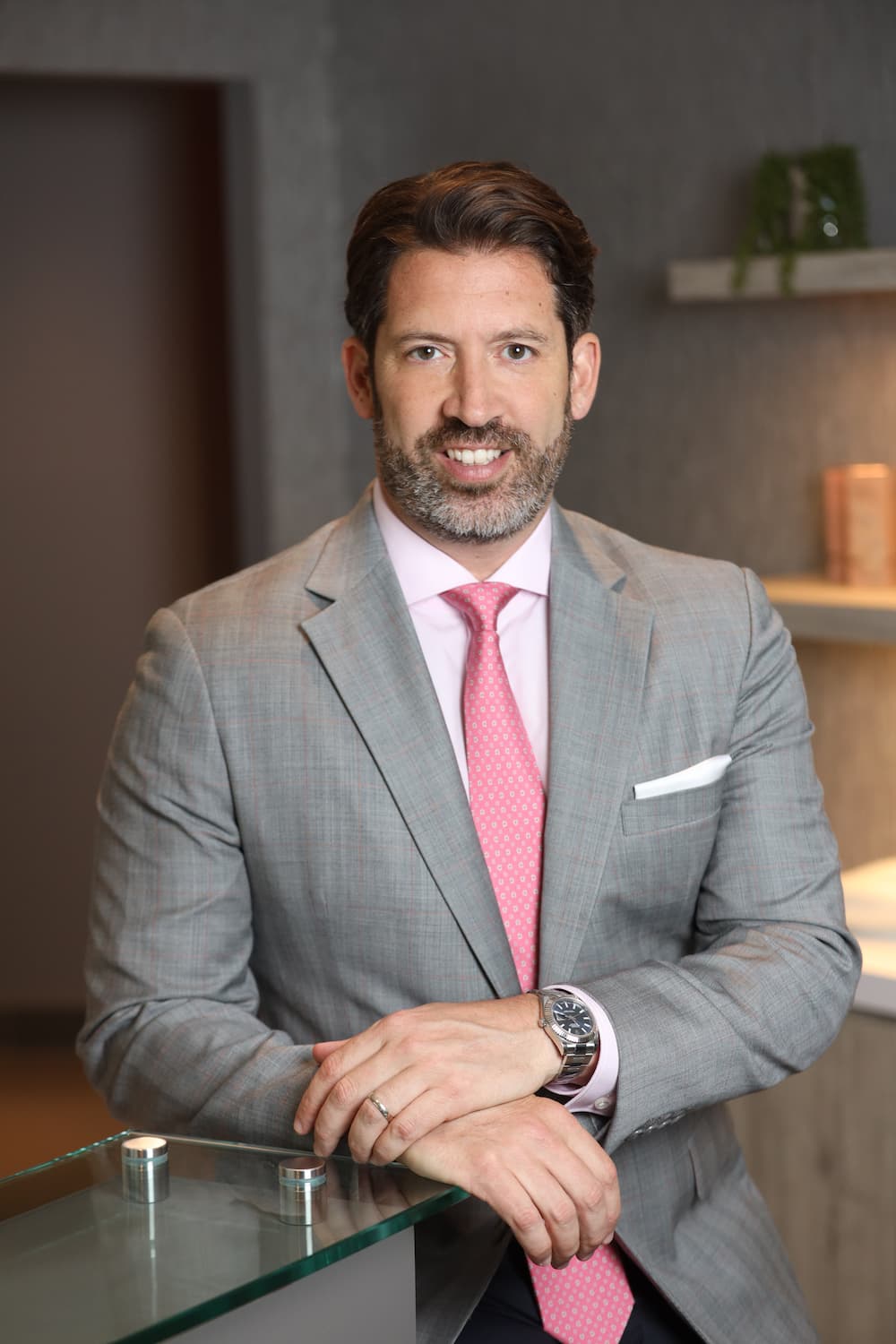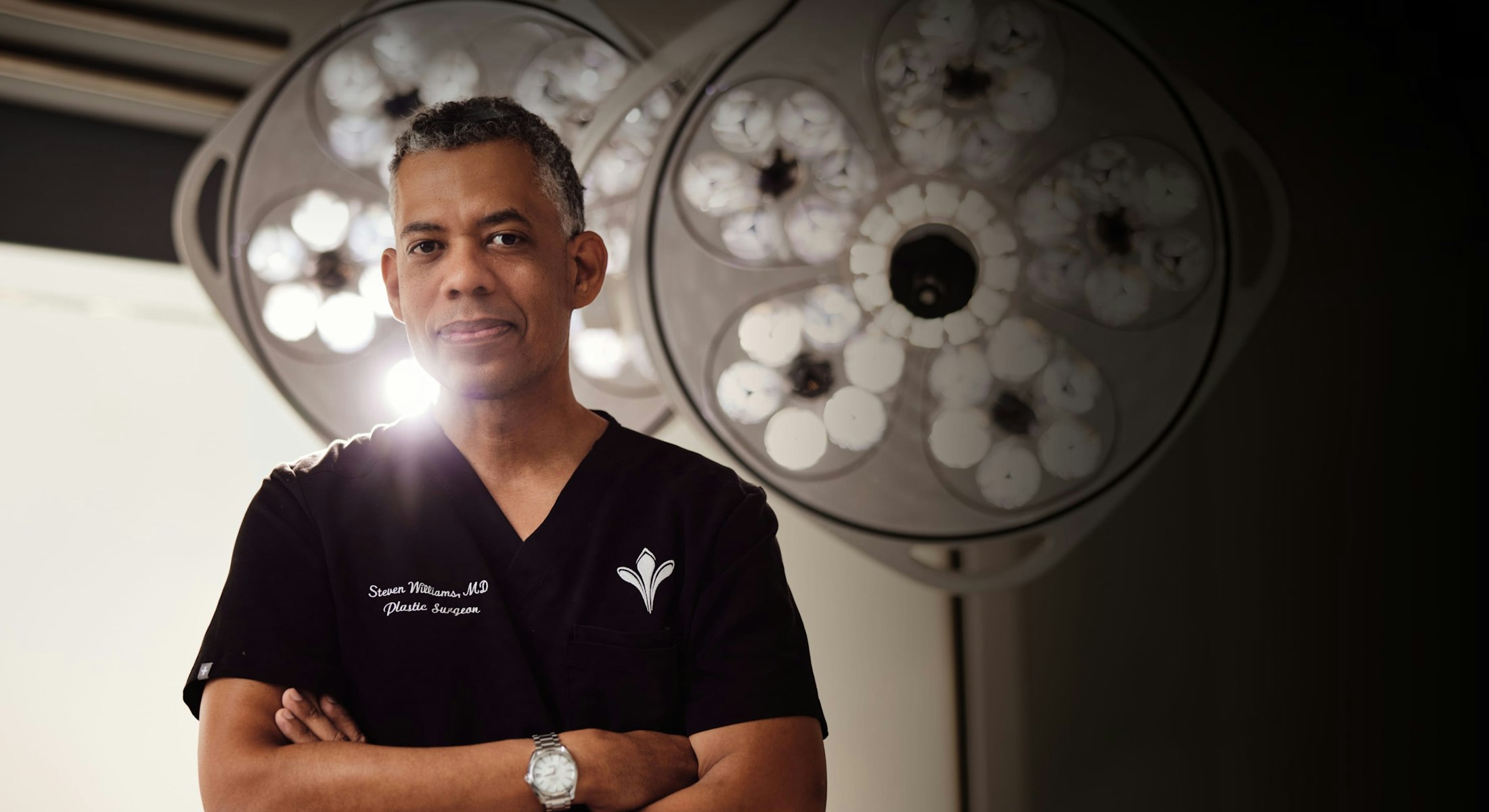Investigating the Psychological and Social Elements That Drive People to Consider Aesthetic Surgical Treatment as a way of Renovation
The choice to pursue cosmetic surgical procedure typically extends beyond mere appearances, intertwining with social and psychological dynamics that warrant comprehensive exam. Elements such as self-confidence, pervasive societal appeal requirements, and the prevalent impact of social media merge to shape specific motivations for surgical improvement.
The Role of Self-worth
Self-confidence substantially affects an individual's decision to go after cosmetic surgery. Individuals with reduced self-confidence often regard themselves in an unfavorable light, leading to sensations of insufficiency concerning their physical look.

Inevitably, the function of self-worth in the decision-making process pertaining to plastic surgery highlights the complicated interplay in between body picture, individual complete satisfaction, and mental wellness. Comprehending this partnership is essential for medical care experts to guarantee that clients are making educated choices rooted in reasonable assumptions and emotional health.
Societal Beauty Standards
Influenced by prevalent media representations and cultural stories, societal charm requirements play a vital role fit individuals' understandings of their very own bodies. These requirements are frequently defined by an idyllic kind of elegance that stresses attributes such as youthfulness, symmetry, and slimness. As these perfects are perpetuated through numerous networks, including movie, marketing, and tv, people frequently internalize these messages, bring about frustration with their all-natural appearance.
The implications of these social norms expand past aesthetic choices; they can affect self-esteem, mental health, and interpersonal partnerships. Individuals who regard themselves as falling brief of these standards might experience sensations of insufficiency, triggering a need for plastic surgery as a way of attaining social authorization. This search is often sustained by the idea that complying with these perfects will certainly boost not only physical look yet likewise social standing and individual fulfillment.

Impact of Social Network
The influence of social charm criteria is more enhanced by the rise of social media platforms, where curated pictures and idyllic depictions of charm are common. Users are constantly subjected to filteringed system and modified photographs, which often depict unattainable physical features. This direct exposure grows a culture of contrast, leading people to analyze their own look against these typically unrealistic criteria.
Social media influencers and celebs regularly promote cosmetic treatments, stabilizing the idea that surgical improvements are a viable ways for attaining social ideals (plastic surgery rancho cucamonga). The presence of these enhancements can develop an assumption that undertaking cosmetic surgery is a common technique, consequently affecting people to think about similar interventions as a path to boosted self-worth and social acceptance
Furthermore, the interactive nature of social media permits prompt feedback with sort and comments, additionally enhancing the desire to adapt popular beauty standards. Such interactions can intensify feelings of insufficiency and drive individuals toward cosmetic surgical treatment as a way of obtaining recognition. Eventually, social networks plays a pivotal duty fit perceptions of elegance, which considerably impacts the decision-making processes bordering cosmetic surgical procedure.

Cultural Perspectives on Look
Across different societies, perceptions of look are deeply rooted in historic, social, and financial contexts, shaping individuals' sights on appeal and worth. In numerous societies, appearance acts as a considerable pen of identity, affecting social condition, specialist chances, and personal partnerships. For instance, in some cultures, light skin is usually linked with wealth and privilege, while others might glorify darker skin tones as icons of stamina and authenticity.
In addition, traditional beauty criteria are frequently bolstered via social stories, media depictions, and family members affects, bring about varying ideals throughout different regions (plastic surgery rancho cucamonga). In Western cultures, the emphasis on young people and physical conditioning typically drives individuals toward cosmetic enhancement, while in certain Eastern cultures, more subtle adjustments lined up with typical visual appeals might be preferred
Globalization and the proliferation of electronic media have even more complicated these dynamics, producing a hybridization of elegance perfects that transcends geographical borders. As individuals significantly navigate these social narratives, the pressure to adapt click to read certain appearance criteria can lead to the wish for cosmetic surgical treatment, mirroring an intricate interaction redirected here of individual goals and social worths. Understanding these social perspectives is necessary in resolving the inspirations behind cosmetic surgical procedure considerations.
Psychological Impacts of Plastic Surgery
Numerous people seeking plastic surgery report experiencing extensive mental influences that can considerably change their self-perception and psychological health - plastic surgery rancho cucamonga. The desire for physical enhancement usually comes from underlying issues such as low self-confidence, body dysmorphic condition, or societal stress regarding appeal requirements. For some, the instant post-operative stage can lead to a momentary increase in positive self-image and complete satisfaction with their look, fostering a sense of empowerment
Nevertheless, these favorable feelings may not be withstanding. Research study suggests that while some people experience improved self-esteem, others may encounter heightened anxiety or clinical depression if their expectations are not fulfilled. This discrepancy can arise from unrealistic perfects bolstered by media depiction and social stories surrounding beauty.
In addition, the emotional implications of cosmetic surgical treatment extend beyond the person. Relationships with friends and family may be stressed as social dynamics change, resulting in feelings of isolation or alienation. Ultimately, the psychological impacts of cosmetic surgical procedure are complex and diverse, requiring careful consideration by both prospective people and doctor to make certain educated decision-making and reasonable assumptions.
Final Thought
In final thought, the decision to go after cosmetic surgical treatment is dramatically influenced by a mix of self-esteem issues, societal elegance criteria, and cultural point of views on appearance. The prevalent reach of social networks better exacerbates these stress, advertising impractical suitables that individuals frequently try this aim to obtain. Comprehending these emotional and social elements is important for attending to the motivations behind plastic surgery, highlighting the need for an extra nuanced discussion surrounding elegance and self-acceptance in contemporary culture.
The decision to go after cosmetic surgical treatment frequently expands beyond mere aesthetic appeals, linking with emotional and social dynamics that warrant complete assessment. Eventually, social media plays an essential duty in shaping assumptions of elegance, which substantially affects the decision-making procedures surrounding cosmetic surgical procedure.
As individuals increasingly browse these social stories, the pressure to adhere to particular appearance standards can lead to the desire for cosmetic surgical treatment, reflecting a complex interplay of social worths and individual aspirations.In verdict, the decision to pursue cosmetic surgery is substantially affected by a combination of self-worth issues, social beauty standards, and social perspectives on look. Comprehending these social and psychological variables is important for resolving the motivations behind cosmetic surgical procedure, highlighting the requirement for an extra nuanced conversation bordering charm and self-acceptance in contemporary society.